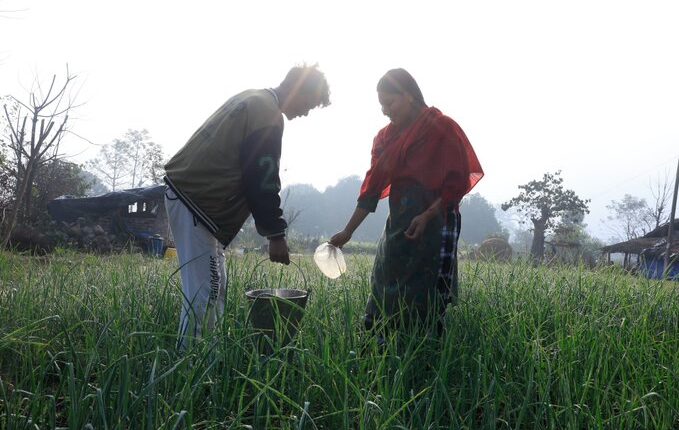Child marriage has affected a staggering 700 million women worldwide and 5 million adolescents in Nepal, including 1.5 million who are under the age of 15. Despite a variety of legal and policy actions, Nepal still has a high prevalence of child marriage and ranks eighth in the world and third in South Asia.
Recognizing the need to address the drivers and detrimental consequences of child marriage – including economic factors, limited mobility and education, compromised health, rising adolescent pregnancy and heightened risk of violence – UNICEF partnered with the Nepal Health Research Council to investigate these issues with a focus on marginalized communities. The resulting study, Behavioural Determinants on Child Marriage and Adolescent Pregnancy in Nepal: A Qualitative Study, has unveiled critical insights crucial for policy reform and societal progress.
Suggested citation: NHRC and UNICEF (2024), Behavioural Determinants of Child Marriage and Adolescent Pregnancy in Nepal: A Qualitative Study. Kathmandu, Nepal: Nepal Health Research Council (NHRC) & United Nations Children’s Fund.


Comments are closed.